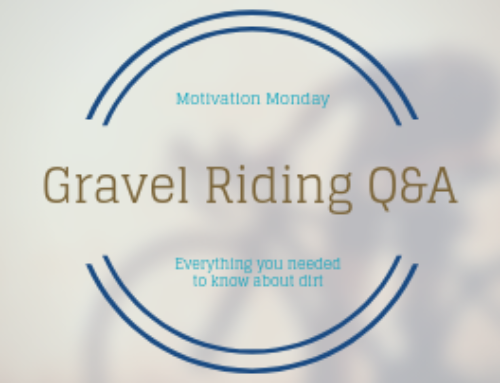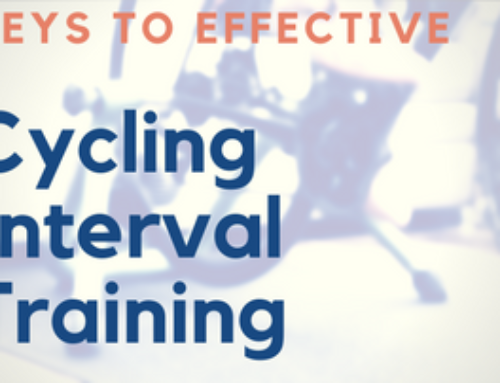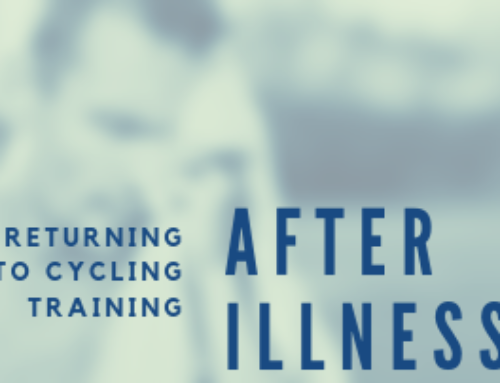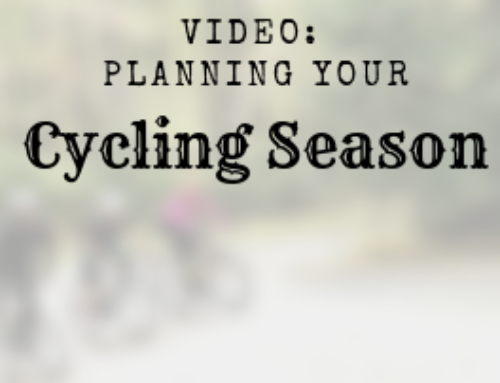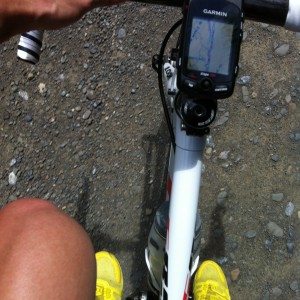 Stop and think for just a minute: how long has your season been? 6 months? 7 months? 8 months? Here in the northeast, we were blessed (or maybe cursed) with a lack of winter, so we've really been riding and training since December of last year. That's a LONG season, especially when you consider that many cyclists are just now gearing up for the impending cyclocross season, which will extend through December in most places. Imagine a periodized training plan with peaks and valleys, builds and tapers, for NEARLY A YEAR!! That's a LONG season, and it's not easy to pull off. In fact, I found that to be the case in recent weeks.
Stop and think for just a minute: how long has your season been? 6 months? 7 months? 8 months? Here in the northeast, we were blessed (or maybe cursed) with a lack of winter, so we've really been riding and training since December of last year. That's a LONG season, especially when you consider that many cyclists are just now gearing up for the impending cyclocross season, which will extend through December in most places. Imagine a periodized training plan with peaks and valleys, builds and tapers, for NEARLY A YEAR!! That's a LONG season, and it's not easy to pull off. In fact, I found that to be the case in recent weeks.
Why do I bring up this topic? Well, today I spent quite a bit of time thinking about it while on a training ride. I had enough time to think through the last few weeks and gained some insight into my training and life.
Maybe you'll gain some insight into your own training and stress as well….
Training and training stress
Everyone knows that the goal of serious or structured training is to accumulate training stress. But what is training stress? Simply defined, it is the load put on the body due to physical activity performed above and beyond the body's capacity to endure. Essentially, if your workout takes you beyond what your body is used to, it will begin to adapt to that stress and become stronger and more fit. What does that have to do with training and real life?
The Daily Grind
The downside of that scenario is that recovery time is necessary for the body to achieve those adaptations. Sleep, downtime, time off the bike….these are all necessary in order to allow hormones to work their magic, cells to repair damage, capillary beds to thicken, enzymes to be synthesized and hundreds more biochemical processes to occur. Unfortunately, what most people don't think about is how intimately linked our personal lives are to our training.
When coaches say that your recovery needs to be proportional to your training, they may be doing a disservice to their clients. It seems that a lot of coaches (and training plans, for that matter) don't take into account the athlete's own “daily grind” of work, school and family. I don't necessarily think they MEAN to do that, but I personally believe it does happen. And I believe it happens more often than not.
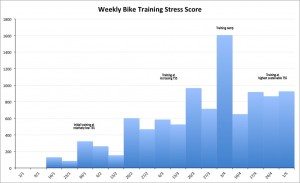 We know if we are under stress – longer hours in the office, disagreements with friends, tension with the spouse, kids to shuttle around, etc – that everything we do is performed at less than optimal capacity. This applies to work as well as training. How many times have you left the office to head home for a ride, and found yourself thinking about the presentation you have to do tomorrow, or where the kids have to be on Saturday, or the broken faucet in the bathroom? What are the chances that you'll have a good, productive ride that provides a fitness breakthrough? The odds are probably going to be pretty slim. And what happens if you simply say “it was a bad ride, I'll go harder next time to make up for it” and the next ride turns out bad too? Eventually you'll dig yourself into a hole, right?
We know if we are under stress – longer hours in the office, disagreements with friends, tension with the spouse, kids to shuttle around, etc – that everything we do is performed at less than optimal capacity. This applies to work as well as training. How many times have you left the office to head home for a ride, and found yourself thinking about the presentation you have to do tomorrow, or where the kids have to be on Saturday, or the broken faucet in the bathroom? What are the chances that you'll have a good, productive ride that provides a fitness breakthrough? The odds are probably going to be pretty slim. And what happens if you simply say “it was a bad ride, I'll go harder next time to make up for it” and the next ride turns out bad too? Eventually you'll dig yourself into a hole, right?
Down in a hole
Well…yes and no. You may dig yourself into a hole in which you stop making fitness gains. You just stagnate and can't progress. That's the best case scenario. The worst case scenario would be that your body can't cope with the stresses placed upon it, both by your personal life and by your training, and breaks down. You get sick, injured or just burned out and you hang up the bike for a while. But why does it happen that way?
Remember earlier that we talked about the idea that everything we do is affected by stress? If you have a lot of non-training stress in your life, that is not only affecting your training, but also your body's ability to recover. All those systems that kick in to cause adaptation when you pile on training stress are hampered because your body is already under a significant stress load. So by piling on more and more training stress, on top of your every day stress, your body can't recover and eventually it crashes.
Now if only we noticed when our body told us it was unhappy…
Signs and symptoms
As I said early in this post, I had plenty of time to think about this topic while on a recent training ride, and I think it's appropriate that I explain the significance of that ride.
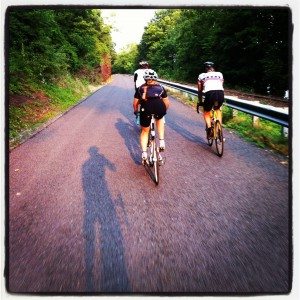
Very recently I put in a couple of huge training weeks, then took a couple days off to allow my body ample time to recover. Right in the middle of those two training weeks, I had to deal with a significant family event which took a fair amount of my attention, and unknowingly, my body's ability to recover. There was a significant stress put on my body at that point, which was unknown to me at the time. Consequent training left me tired, run down, grumpy, and sleeping poorly. Not taking the cues, I continued to train. I made long road trips to deal with family issues during which I ate poorly, drank too much and slept little. Yet still I kept riding and training, bluffing that my body would just do as I told it. Eventually, my body decided it had enough and I injured myself.
My body forced my hand; it called my bluff and forced me off the bike.
Now, after a full week completely off the bike, treating my back and doing nothing but recovering, I've just returned to the road. I've just now managed to get back on the bike, having resolved a few external life stresses and allowed my body to recover and rebuild. I felt strong, my legs felt powerful and my mind was able to focus on my training as opposed to wandering off to other things. Compared to a few weeks ago, it was like riding in a different body.
The moral of the story?
Listen to your body. Consider that if you're feeling bad on your ride that it may be a bad day or it may be your body telling you something. Step back and take a long hard look at everything in your life and ask yourself if it may be more beneficial to take some time off instead of loading up even more training stress. You may just be able to stop your body from calling your bluff and pulling the plug for you.

